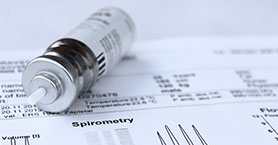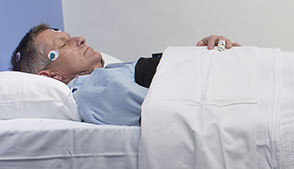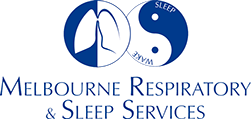ABOUT US
Services
Doctors
Photos


SLEEP STUDIES
RESPIRATORY
STUDIES
Patient Information
Referring Doctors
Download Referral Form
Respiratory Studies
(Please note: Pensioners and Healthcare cardholders will be bulk billed for Respiratory Function Tests except for Bronchial Provocation Tests)
1. Spirometry and Transfer factor
This is the most commonly used combination of tests to screen for lung disease.
Spirometry is the most commonly used lung function screening study. These results may be helpful in a wide range of respiratory presentations such as cough, wheezing and dyspnoea, to monitor response to asthma treatment, to assess fitness for strenuous exercise programs or to investigate and track the impact of smoking on lung health.
Transfer factor of carbon monoxide (DLCO) is a measure of the gas exchange of the lung involving the interaction of alveolar surface area, alveolar capillary perfusion, the physical properties of the alveolar capillary interface, capillary volume, hemoglobin concentration, and the reaction rate of carbon monoxide and hemoglobin. It is reduced in interstitial lung disease, emphysema, atelectasis, pulmonary vascular disease including pulmonary hypertension and pulmonary emboli and anaemia.
2. Plethysmographic lung volumes
Total lung capacity and functional residual capacity are measured by body plethysmography. The primary advantage of body plethysmography is that it can measure the total volume of air in the chest, including gas trapped in bullae. This information is helpful in conjunction with spirometry when diseases of lung tissue are suspected.
3. Bronchial provocation tests
To define whether airway hyperreactivity is the explanation for respiratory symptoms of unclear origin, inhalational challenge tests may be used. Bronchial hyperreactivity, as assessed by an inhalational challenge procedure, is sensitive for the presence of active or current asthma. However, this test may be falsely positive in a variety of conditions, including chronic obstructive pulmonary disease, recent upper respiratory tract infection, and allergic rhinitis. A negative test is an excellent means of excluding asthma as a cause of symptoms.
4. Maximal Respiratory pressures
These tests measure the strength of the muscles used to breathe. Respiratory muscle dysfunction (i.e. reduced strength or endurance) provides complementary information to spirometry and lung volumes. Maximal inspiratory pressure measures diaghragmatic strength while maximal expiratory pressure measures expiratory muscle strength. These are reduced in patients with neuromuscular disorders.
Sleep Studies
Sleep studies are generally conducted in a hospital, however, technology changes have made it possible for record comprehensive, quality sleep study at home using a portable monitoring. For selected patients, having a home based study may be an alternative.
Products to be avoided prior to testing
| Routine testing | Bronchial Provocation testing | |
|---|---|---|
| Short acting bronchodilator (Ventolin, Bricanyl, Atrovent, Asmol) | 6 hours | 8 hours |
| LABA (Serevent, Foradile, Oxis, Onbrez, Anoro) | 12 hours | 24 hours |
| LAMA (Spiriva, Genuair, Seebri, Incruz, Anoro) | 24 hours | 24 hours |
| Combination steroid/LABA (Seretide, Symbicort, flutiform, ellipta) | 24 hours | 24 hours |
| Antihistamine (Zyrtec, Telfast, Claratyne etc.) | N/A | 72 hours |
| Caffeine | N/A | Day of Test |
| Theophylline (Nuelin, Theodur) | N/A |
Melbourne Respiratory & Sleep Services
226 Burgundy St,
Heidelberg, VIC 3084
OPENING HOURS
Monday - Friday: 9:00am to 5:00pm
Saturday and Sunday: Closed
Phone: (03) 9459 0555
Fax: (03) 9455 0786
